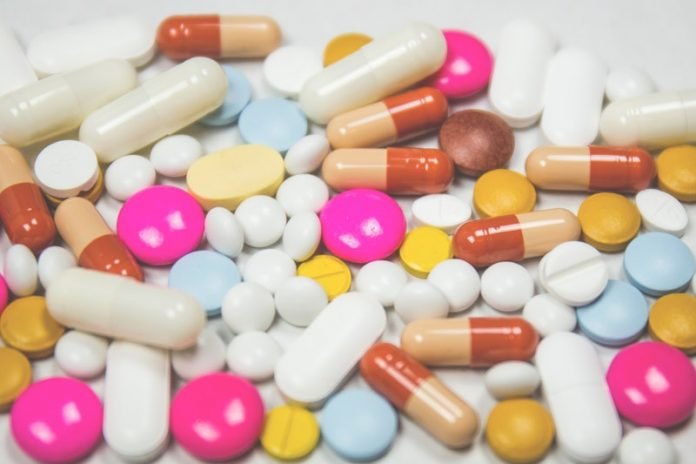
In a new study from the Scripps Research, researchers mined the world’s most comprehensive drug repurposing collection for COVID-19 therapies.
They identified 90 existing drugs or drug candidates with antiviral activity against the coronavirus that’s driving the ongoing global pandemic.
Among those compounds, the team found four clinically approved drugs and nine compounds in other stages of development with strong potential to be repurposed as oral drugs for COVID-19.
Of the drugs that prevented the coronavirus from replicating in human cells, 19 were found to work in concert with or boost the activity of remdesivir, an antiviral therapy approved for the treatment of COVID-19.
In the study, the team tested more than 12,000 drugs in two different types of human cells infected with SARS-CoV-2.
The collection contains FDA-approved drugs and other experimental compounds that have been tested for safety in humans.
From the thousands of drugs screened, the researchers identified a total of 90 compounds that prevented SARS-CoV-2 from replicating in at least one of the human cell lines.
Of those, 13 had the highest potential to be repurposed as COVID-19 therapies.
Four of the drugs—halofantrine, nelfinavir, simeprevir and manidipine—are already FDA approved and nine others are in various stages of the drug development process.
From the drug combination screens, the researchers found 19 drugs that had an additive effect when administered with remdesivir, the antiviral that is FDA approved for use in patients diagnosed with COVID-19.
An additive effect means that the drugs were both active against the virus when applied together.
The team says the potential advantage of a therapeutic strategy that uses a combination of drugs is that taking a lower dose of any one drug could reduce the risk of side effects of that drug.
Two additional drugs went a step further to have a synergistic effect on remdesivir, meaning the drugs heightened remdesivir’s ability to suppress the virus.
These two drugs were riboprine, a compound that’s been tested as a preventative for nausea and surgical infection, and 10-deazaaminopterin, a derivative of the vitamin folic acid.
Based on the results of cell culture screens, the researchers tested the best-performing drug candidates in human tissue cells and an animal model to determine which are most likely to work in human patients.
Building on their success in identifying potential COVID-19 therapies, the team is continuing to advance other promising candidates through their drug discovery pipeline.
If you care about COVID-19, please read studies about new nasal spray could help prevent COVID-19 transmission and findings of what makes the COVID-19 virus highly infectious.
For more information about COVID-19 and your health, please see recent studies about this drug may help prevent serious illness in COVID-19 and results showing that this drug may help prevent serious illness in COVID-19.
The study is published in Nature Communications. One author of the study is Peter Schultz, Ph.D.
Copyright © 2021 Knowridge Science Report. All rights reserved.



